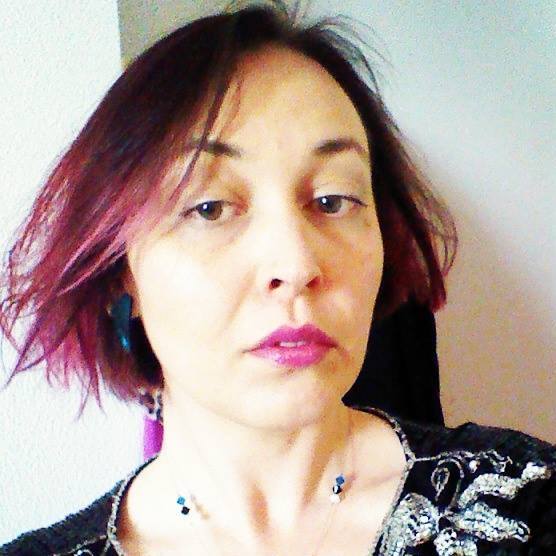Here at ESC Insight we like to bring you the most specific Eurovision coverage possible, so we senout our specially recruited Senior Physics Correspondent, who happens to be the only alumnus of the gravitational wave detection programme with a press accreditation for the Eurovision Song Contest 2016, to find out more about Moldova’s astrophysical themes. She spoke to Moldova’s artist, Lidia Isac, to find out where the inspiration came from.
“My official video is based on cosmic inspiration. There is an astronaut, there are some places related to the cosmos, to space, and my song is related to it. If you saw in the beginning of my official video, there is the moment when the discovery of gravitational waves was announced and in the end you hear the sound of the gravitational waves they detected. That’s a very important moment in science.”
We didn’t get too deeply into the specifics of gravitational wave science – Lidia explained, “I’m not into physics. I’m not into this theme.” She might not be a scientist by profession, but Lidia continued to enthuse about the technological impacts of scientific discovery, “I know that this stuff is very important in science and it’s like the discovery of radio waves. After that, television appeared and radio and all that stuff. And who knows – in some years, maybe we’ll have an even bigger discovery”.
As a member of the gravitational science community, I passed on the communities excitement about the inclusion of the gravitational wave signal in the video for ‘Falling Stars’ “Oh that’s so cool! Many people may not understand, but you understand because you worked with it, so you guys know. It’s been a century since they supposed that there were gravitational waves and it was this year they discovered them. Very cool!”
Perhaps the ‘even bigger discovery’ coming up could be teleportation? Lidia thinks so, “I hope that one day we will discover this. I don’t think that I will be here, but one day I hope humanity will discover teleportation. Travel would be so much easier and life would be so much easier. I think that nowadays science is going so fast and we’re discovering things so fast. Who knows? Maybe in ten fifteen years we’ll have something really crazy!”
Big scientific projects like gravitational wave detectors and Eurovision itself are both examples of international collaborations producing awesome results. Putting her Eurovision experience in context, Lidia says, “It’s really great – you can meet people from all over the world. You can share your experiences and see what another human experiences in their life and I think that in general science is very important. If it wasn’t for scientific discoveries we wouldn’t be here. All this technical stuff – the filming, the sound, the music. All of this comes from science.”
While it’s obvious that Lidia didn’t come to Eurovision to talk about science, her engagement and passion for the contest was hugely evident. As the ‘technical stuff’ involved in staging the contest becomes ever more complicated and putting on Eurovision becomes the light entertainment equivalent of building the Large Hadron Collider, the passion of the performers is the critical element to the experiment’s success.
Lidia Isac is performing ‘Falling Stars’ for Moldova in Semi Final 1 on Tuesday 10th May.









